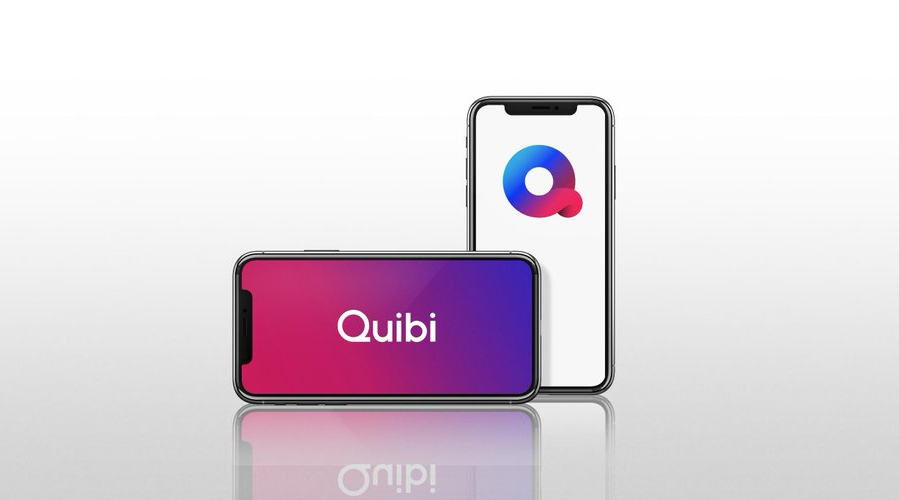Quibi Wins Court Fight as Judge Refuses to Disable Turnstyle

Click here to read the full article.
In a much-needed win for Quibi, a judge has denied an injunction that would have forced the company to disable its signature “Turnstyle” feature.
Eko, a New York-based video company, filed a lawsuit in March alleging that Quibi stole its trade secrets to develop the video-switching feature.
More from Variety
In a ruling on Monday, Judge Christina Snyder said that Eko had failed to show that Quibi’s continued use of the feature will cause irreparable harm to Eko. She did not rule on the merits of the lawsuit.
“We are extremely pleased the Court ruled today that Eko has not presented a credible case for a preliminary injunction,” a Quibi spokesperson said in a statement. “Eko has no case against Quibi — this is a frivolous lawsuit brought by a company and CEO looking for a payday. We will continue to aggressively defend ourselves.”
Eko’s lead attorney, Neel Chatterjee, also issued a brief statement: “We look forward to presenting the merits of the case at trial, including our request for substantial damages.”
Turnstyle allows Quibi users to watch videos while toggling between portrait and landscape formats. Eko alleges that Turnstyle is based on technology that Eko developed, and which it pitched to Quibi founder Jeffrey Katzenberg in 2017.
Eko also alleges that it shared the details of its technology with employees at Snap, while exploring a partnership with that company. Three Snap employees subsequently left to join Quibi, and two of them were listed on Quibi’s patent applications for Turnstyle. Eko alleges that the two employees appropriated its trade secrets, which had been protected by a non-disclosure agreement.
Quibi has said that it developed Turnstyle independently. The company also denied that the Snap employees who later joined Quibi were ever exposed to Eko’s trade secrets.
Eko asked for an injunction that would force Quibi to disable the Turnstyle feature, arguing that Quibi’s theft of its trade secrets had damaged its business prospects. Quibi’s attorneys argued that the company would suffer “immense harm” if forced to disable the feature.
Snyder noted that Eko’s executives waited to the file the suit until two months after Quibi unveiled its technology at the CES conference in January, and a day after Quibi filed its own lawsuit against Eko seeking a declaration that it had done nothing wrong. The delay, she said, suggested that Eko was not in fact facing irreparable harm from Quibi’s product, which would have been necessary to win an injunction.
“Evidence does not indicate any significant investigation by Eko into Quibi’s product, which would be expected if Eko believed that Quibi had relied on Eko’s proprietary technology,” the judge wrote.
Judge John Kronstadt heard arguments on the injunction request on May 7, but later recused himself from the case. The case was reassigned to Snyder.
Quibi launched on April 6, but has struggled to win over subscribers amid the COVID-19 pandemic.
Best of Variety
Sign up for Variety’s Newsletter. For the latest news, follow us on Facebook, Twitter, and Instagram.

